It is essential to file your income tax return on time to prevent penalties and guarantee compliance with tax laws. This blog provides crucial information to prepare you by highlighting significant deadlines and outlining the repercussions of missing them.
Let’s discuss the topic:-
1. Important Dates for Income Tax Return Filing
2. Importance of Filing on Time
3. Late Filing Penalties
4. Penalties for Late Payment
5. Consequences of Non-Filing or Avoidance
6. How to Avoid Penalties
7. Benefits of Timely Compliance
Important Dates for Income Tax Return Filing:
Knowing the income tax return filing dates, you can make better plans. Generally speaking, April 15th is the deadline for submitting individual tax returns. The deadline is shifted to the following business day, though, if this date falls on a weekend or holiday. It is also possible to request extensions, which would forward the deadline to October 15th and give you an extra six months to file. For businesses, partnerships, and corporations, the deadlines may differ. Corporations, for example, typically need to file by March 15th unless an extension is requested. Staying aware of these deadlines is critical to avoid penalties and ensure compliance.
Importance of Filing on Time:
In addition to avoiding fines, timely tax filing guarantees you get any returns as soon as possible. Potential legal problems and needless stress are avoided with timely filing. Additionally, filing early minimizes interest rates by giving you enough time to arrange payments if you owe taxes.
Late Filing Penalties:
A Failure-to-File Penalty may be imposed for missing the deadline. For each month the return is late, the penalty is 5% of the unpaid taxes, up to a maximum of 25% of the total amount owed. Filing on time lowers penalties considerably, even if you cannot pay the entire tax obligation.
Penalties for Late Payment:
If you fail to pay taxes before the due date, you will be subject to a Failure-to-Pay penalty and the filing penalty. This penalty, which has a maximum of 25%, is equivalent to 0.5% monthly on the outstanding debt. Interest is also charged every day on any outstanding taxes. These fees mount up the longer you put off payment. Establishing an installment plan with the IRS can assist taxpayers with financial difficulties in avoiding harsh penalties.
Consequences of Non-Filing or Avoidance:
Ignoring tax deadlines or deliberately avoiding filing can lead to severe consequences, including:
Wage Garnishment: Your income may be partially withheld by the IRS.
Asset Seizures: To collect delinquent taxes, property or bank accounts may be confiscated.
Legal Action: Lawsuits or criminal charges may result from persistent non-compliance.
Impact on Credit Score: Tax liens may harm your credit score, which may influence loan approvals.
How to Avoid Penalties:
Set Reminders: Use calendar alerts to keep track of important dates.
File for an Extension: If you need more time, submit Form 4868 before the deadline to avoid filing penalties.
Pay Estimated Taxes: If unsure of the exact amount, pay an estimate to minimize penalties.
Seek Professional Help: Tax advisors can guide you through the process and identify deductions or credits.
Utilize Online Tools: IRS e-filing systems and tax software streamline the process and reduce errors.
Benefits of Timely Compliance:
Filing on time and paying taxes promptly offer several advantages:-
Avoidance of Stress: Removes anxiety and last-minute rushing.
Improved Financial Planning: Efficient budgeting and financial assessment are made possible by timely filing.
Refund Eligibility: Early filers frequently get their money back more quickly.
Enhanced Creditworthiness: Tax compliance is advantageous when applying for a loan or mortgage.
Avoid Legal Problems: Avoids fines, audits, and legal issues.
Additionally, timely filing facilitates future financial transactions by fostering trust with government agencies and financial institutions.
Final Thoughts
You can avoid needless costs and legal issues by keeping track of income tax return due dates and comprehending penalties. Staying prepared and knowledgeable will help you maximize your potential credits and deductions, handle tax season stress-free, and avoid penalties. If you want to complete an Income Tax Return Online, contact Eazy Startups for flawless completion.

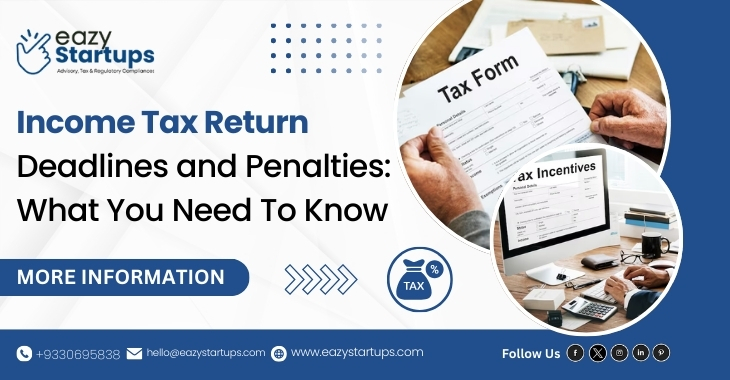
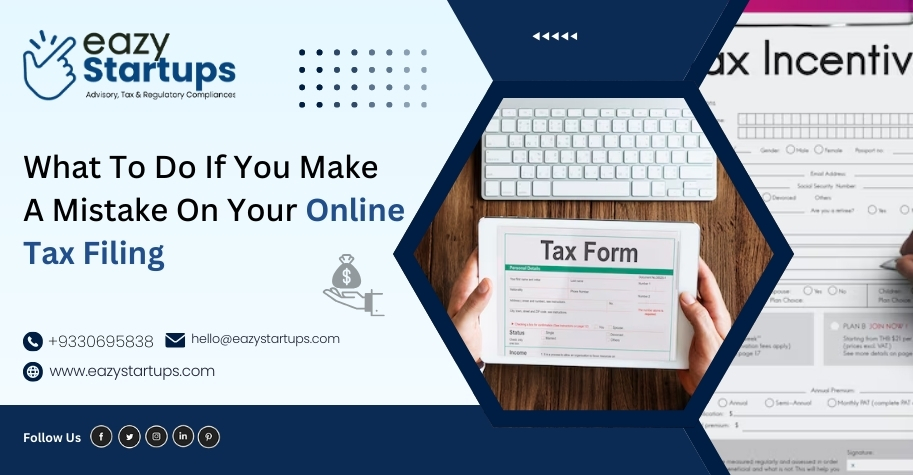
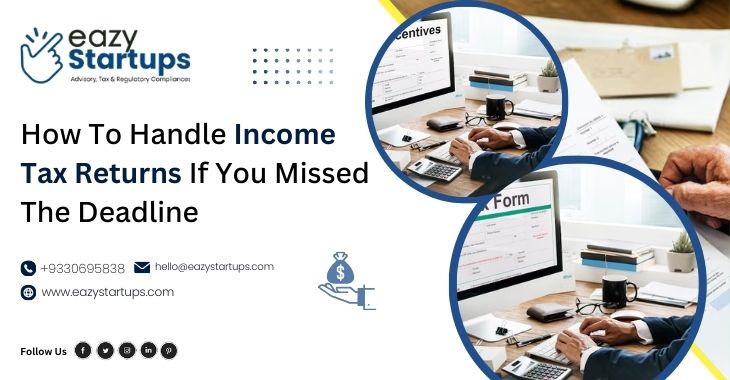

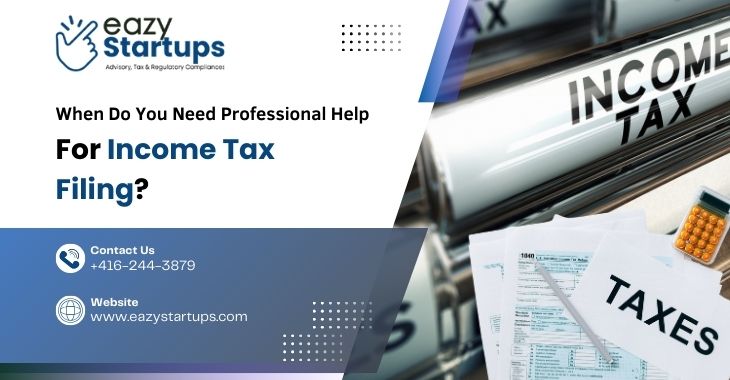
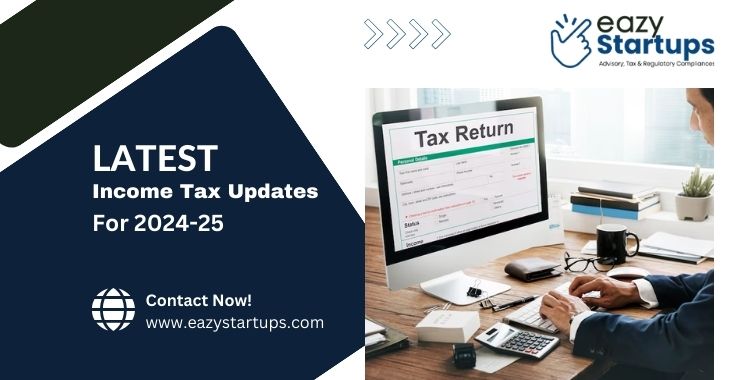

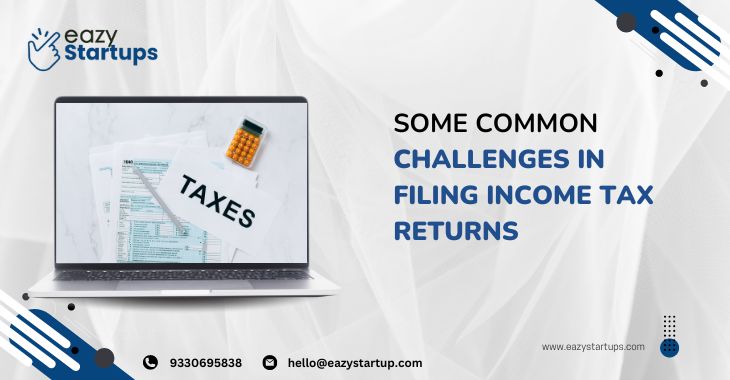
Recent Comments